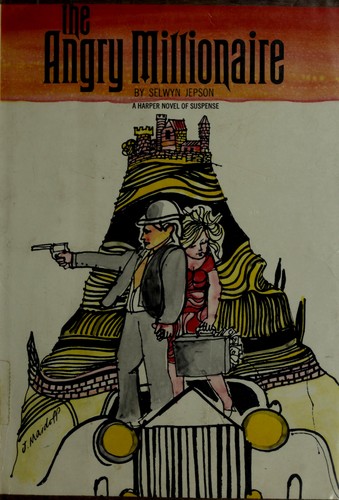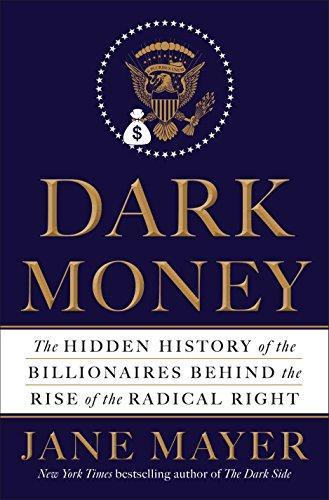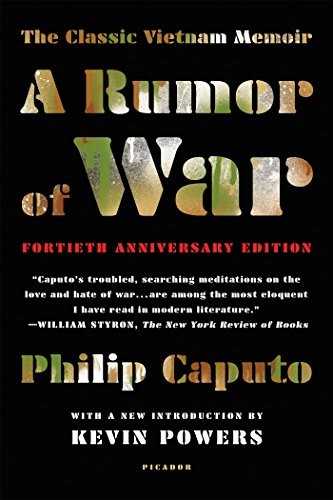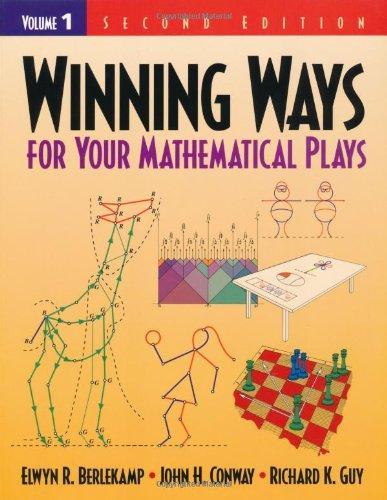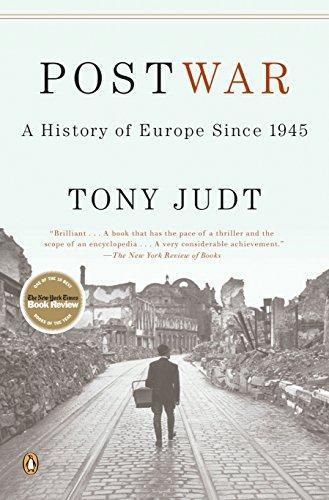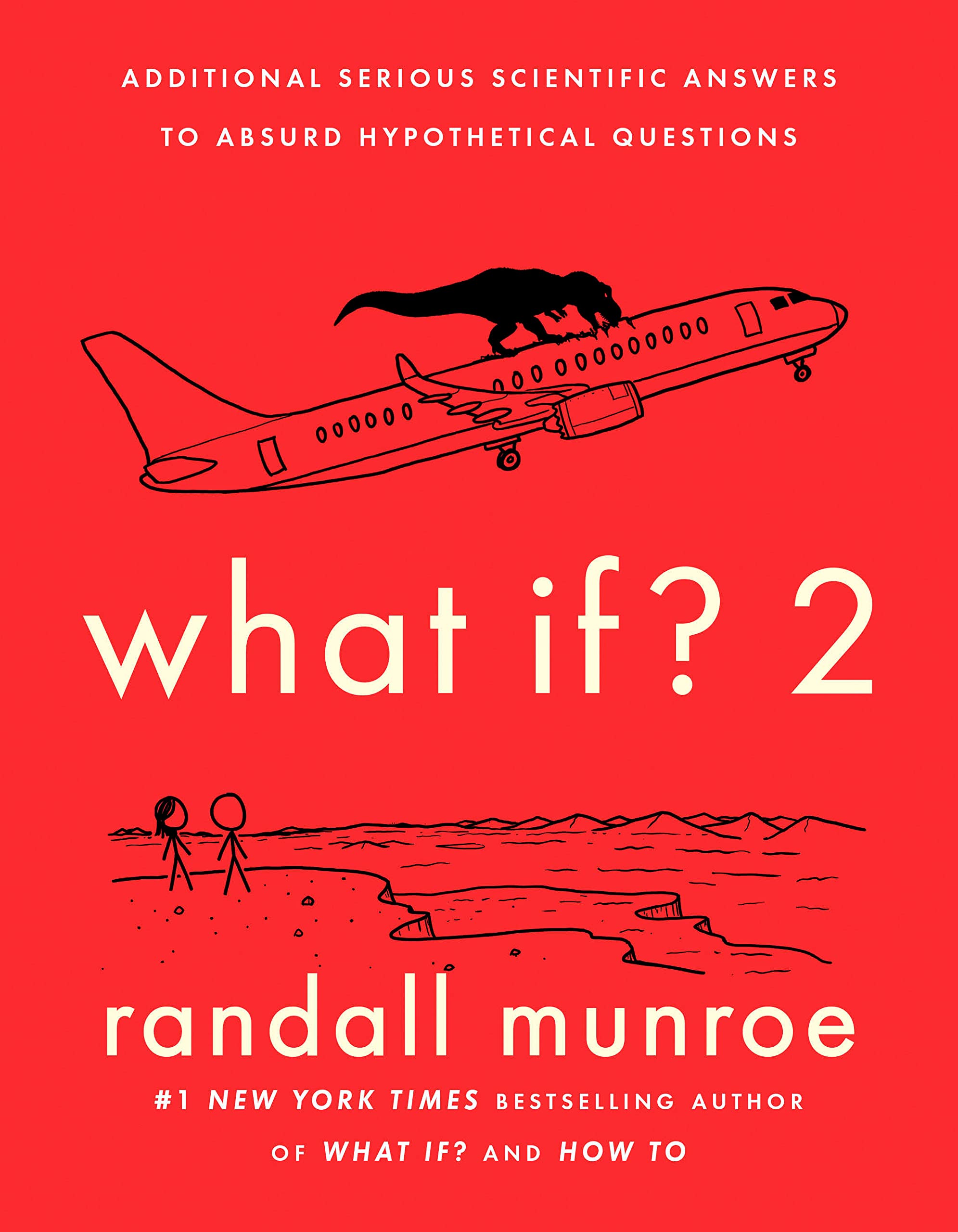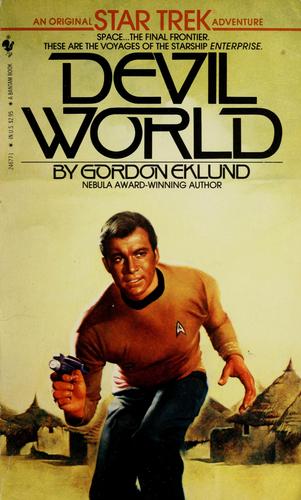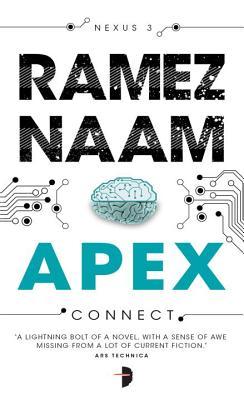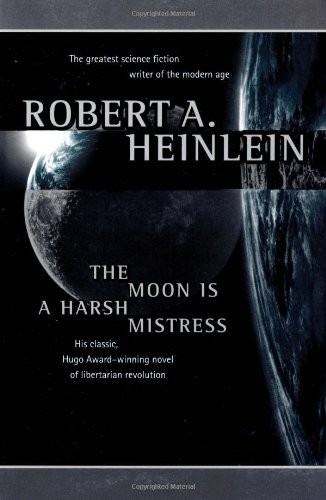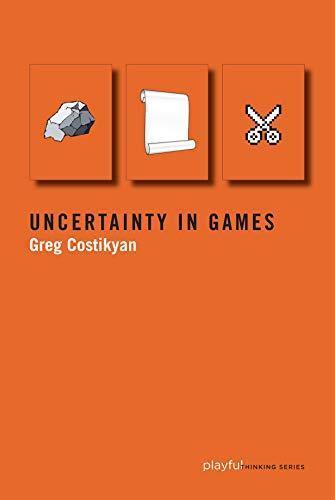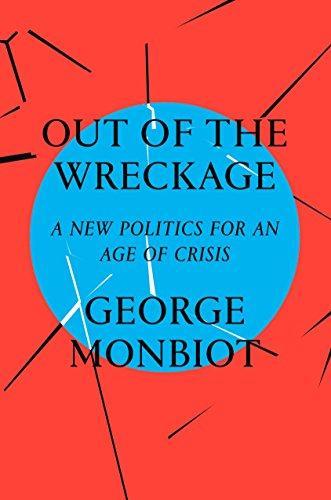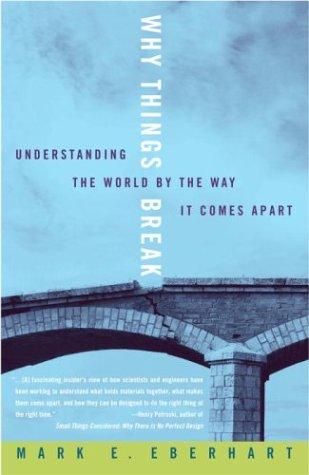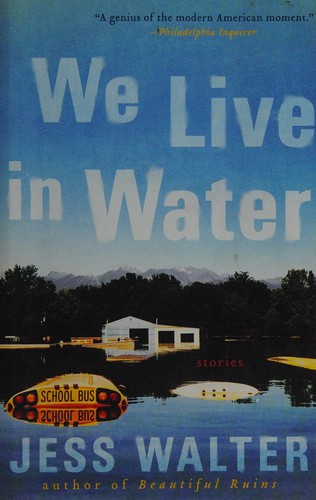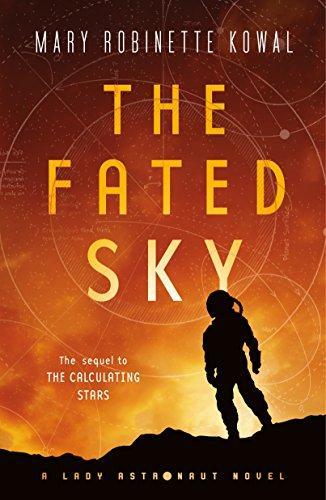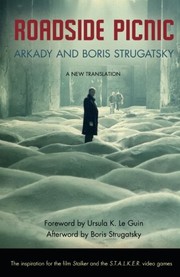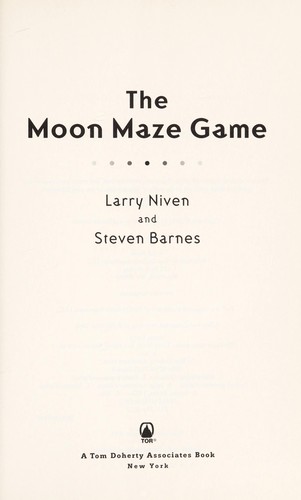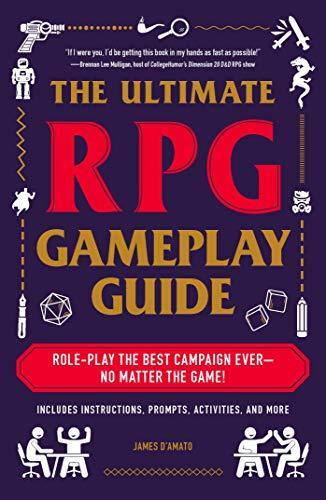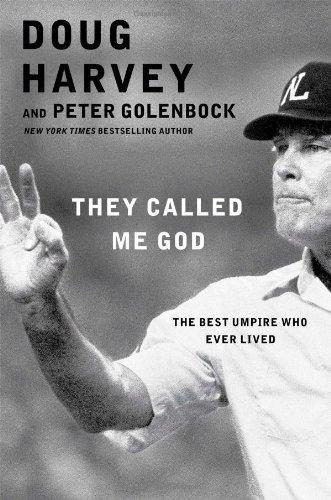Thom reviewed The Moon Is A Harsh Mistress by Robert A. Heinlein
Review of 'The Moon Is A Harsh Mistress' on 'Goodreads'
4 stars
This time, this reading, I noticed a LOT of connections, with both the American revolutionary war and the aftermath compromise we are living in now. Some chapters in the first two-thirds are straight out Libertarian discussions, the last third is all action, and well done.
One could probably connect this to Joseph Campbell also. Having recently finished a book on the revolution, the subtle connections were more plain to me than in previous readings. The obvious ones were just as obvious - the revolution declared on the 4th of July. My favorite of the subtle ones was the Earthside trip, so like Franklin's visit to Europe.
When one reads other Heinlein, one realizes how well Manny's speech and thought patterns fit his upbringing. When one hasn't, it is easy to get annoyed. There are a few other quibbles, of course, but I would rather discuss this with someone who has …
This time, this reading, I noticed a LOT of connections, with both the American revolutionary war and the aftermath compromise we are living in now. Some chapters in the first two-thirds are straight out Libertarian discussions, the last third is all action, and well done.
One could probably connect this to Joseph Campbell also. Having recently finished a book on the revolution, the subtle connections were more plain to me than in previous readings. The obvious ones were just as obvious - the revolution declared on the 4th of July. My favorite of the subtle ones was the Earthside trip, so like Franklin's visit to Europe.
When one reads other Heinlein, one realizes how well Manny's speech and thought patterns fit his upbringing. When one hasn't, it is easy to get annoyed. There are a few other quibbles, of course, but I would rather discuss this with someone who has read it than write them down. So get to it! At least a 4 star book, and one that I rarely stop thinking about.
2011
Just as much fun as I remember it being 30+ years ago, with a little more politics.

